Indianz.Com > News > Aaron Payment: Protecting treaty rights and tribal sovereignty by protecting voting
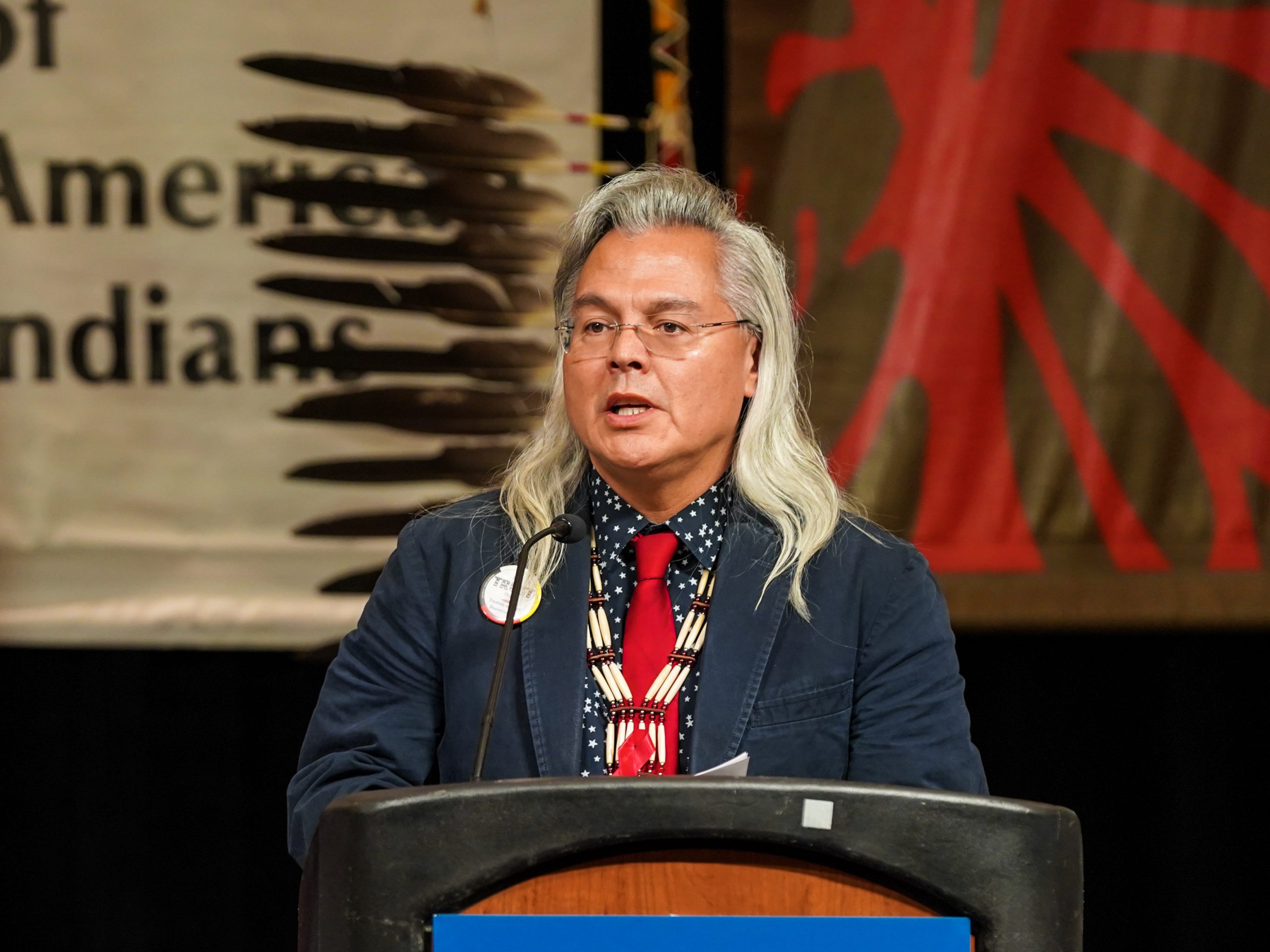
End the Filibuster to Protect Indian Voting Rights
Monday, August 30, 2021
Chairperson, Sault Ste. Marie Tribe of Chippewa Indians
Do certain sets of circumstances lie ahead of us wherein we change the world radically by the choices we make?— Dr. Vine Deloria Jr. (Standing Rock Sioux) I begin with the above quote as the exercise of our voting rights to protect our treaty rights and our tribal sovereignty is a stake. Advocating for our tribal nations and our people through participation in the political process is one of the most important choices we can make. Retired Lt. Governor Jefferson Keel (Chickasaw Nation, former NCAI President) once said that we are not R or D but I for Indian. It is up to each of us to participate in the political process beyond partisanship. At the core of our participation is voting and informing oneself of which candidates will protect our treaty rights. Reinforced through judicial precedence, legislation, and ebbs and flows of Presidential Administrations, the treaty and trust obligation is a dynamic, not a static concept. Our funding is not charity or welfare or even reparations but pre-paid with over 500 million acres of Indian ceded lands. Upholding the treaty and trust obligation is only as real or protected as the next federal election. It is important to reinforce the importance of voting during this tumultuous time when state legislatures are passing laws at record speed to make it more difficult for all Americans to exercise our right to vote. Early American political activist Thomas Paine once said, “The right [to vote] …is the primary right by which other rights are protected.” As the last U.S. citizens to be granted the right to vote in 1924, American Indians know best how the act of limiting our rights serves to disenfranchise and marginalize a whole population. Even after women, African Americans and other races, and American Indians were granted the right to right to vote, various legislative efforts at the state level continued limited access to the ballot box. Not until the Civil Rights Act of 1965 was enacted did some semblance of a true equal right to vote emerge.
Again, as a dynamic process, our very right to vote is threatened at the state level by disallowing early voting, automatic voter registration, mail in balloting, drop boxes, disallowing rural routes and reservation addresses, and refusing to accept Tribal IDs as legitimate forms of ID. Each of these limitations are proffered as reasonable rational objective standards but make no mistake, the effect is to limit voter participation by the “haves” over the “have nots.” Thomas Paine also said, “To take away this right [to vote] is to reduce a man to slavery, for slavery consists in being subject to the will of another and he that has not a vote in the election of representatives.” As tragic as the pandemic had been, a ray of sunshine was the sheer necessity of allowing mail-in balloting and other means to make it easier for Americans to exercise our Constitutional right to vote. During our American history, the resistance to the full exercise of this right through poll tests, creating barriers to voting by limiting voting times, long lines that disadvantage the 9 to 5 working class, and not establishing a paid voting holiday, all serve to maintain the status quo — a system which shields the wealthy to not pay their fair share of taxes, and to reject Great Society-like social programs to aid needy Americans. The true welfare state is the tax inequity of the top 1%, corporate welfare, and subsidies to corporations who pay less in taxes than average Americans. Corporate campaign contributions protect inequities at the expense of average Americans. This phenomenon is strange as Americans are lulled into complacency or brainwashed into believing corporate welfare benefits them through trickledown economics.ICYMI: In a bipartisan effort to address the unique obstacles faced by Native American voters, Congress introduced the Native American Voting Rights Act of 2021. The #NativeVote continues to face unique barriers when casting a ballot. #NAVRA
— Native American Rights Fund (@NDNrights) August 16, 2021
LEARN MORE: https://t.co/leU4MV5BLA pic.twitter.com/9caNbW6mNO
Native American Voting Rights Act Social Media Toolkit: vote.narf.org
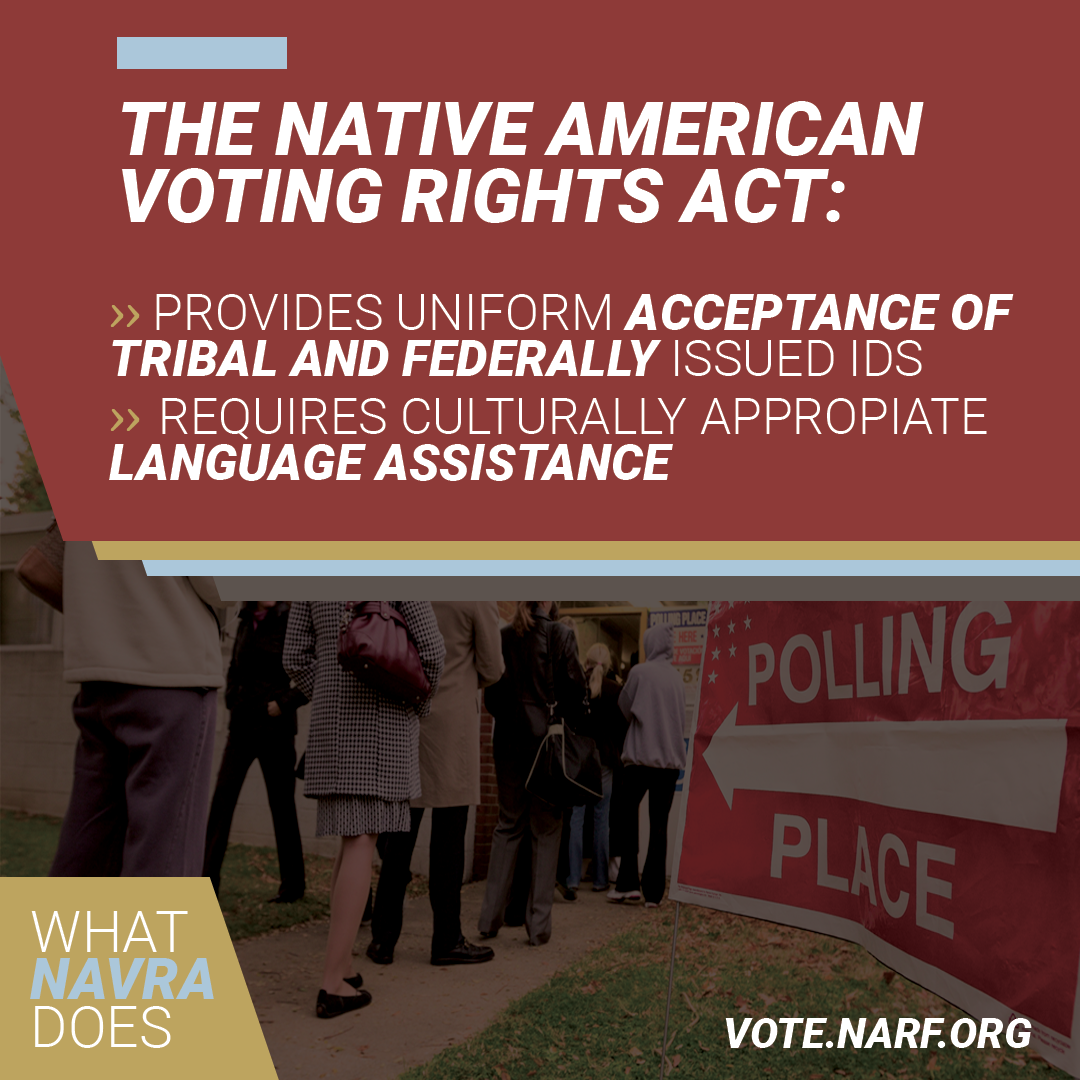
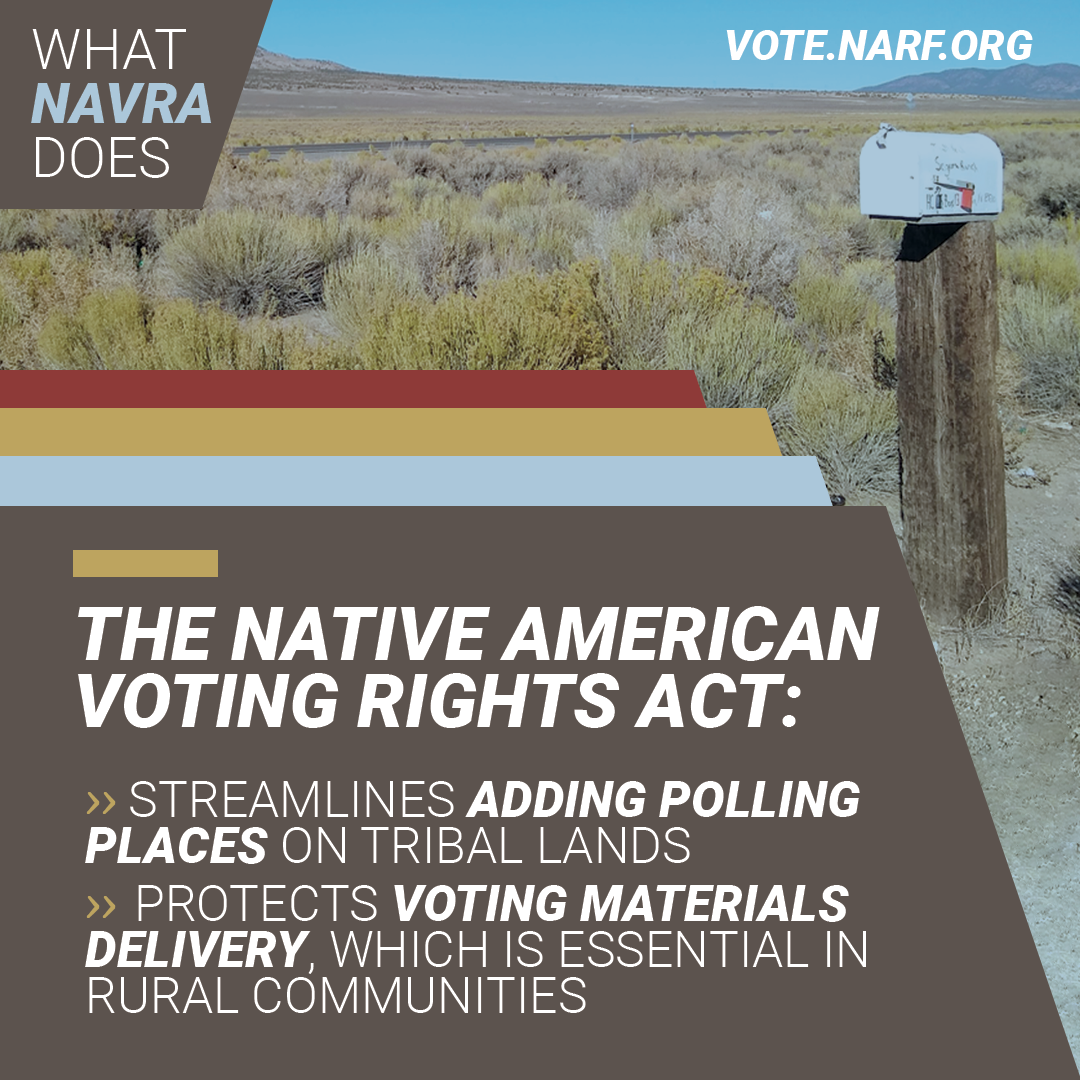
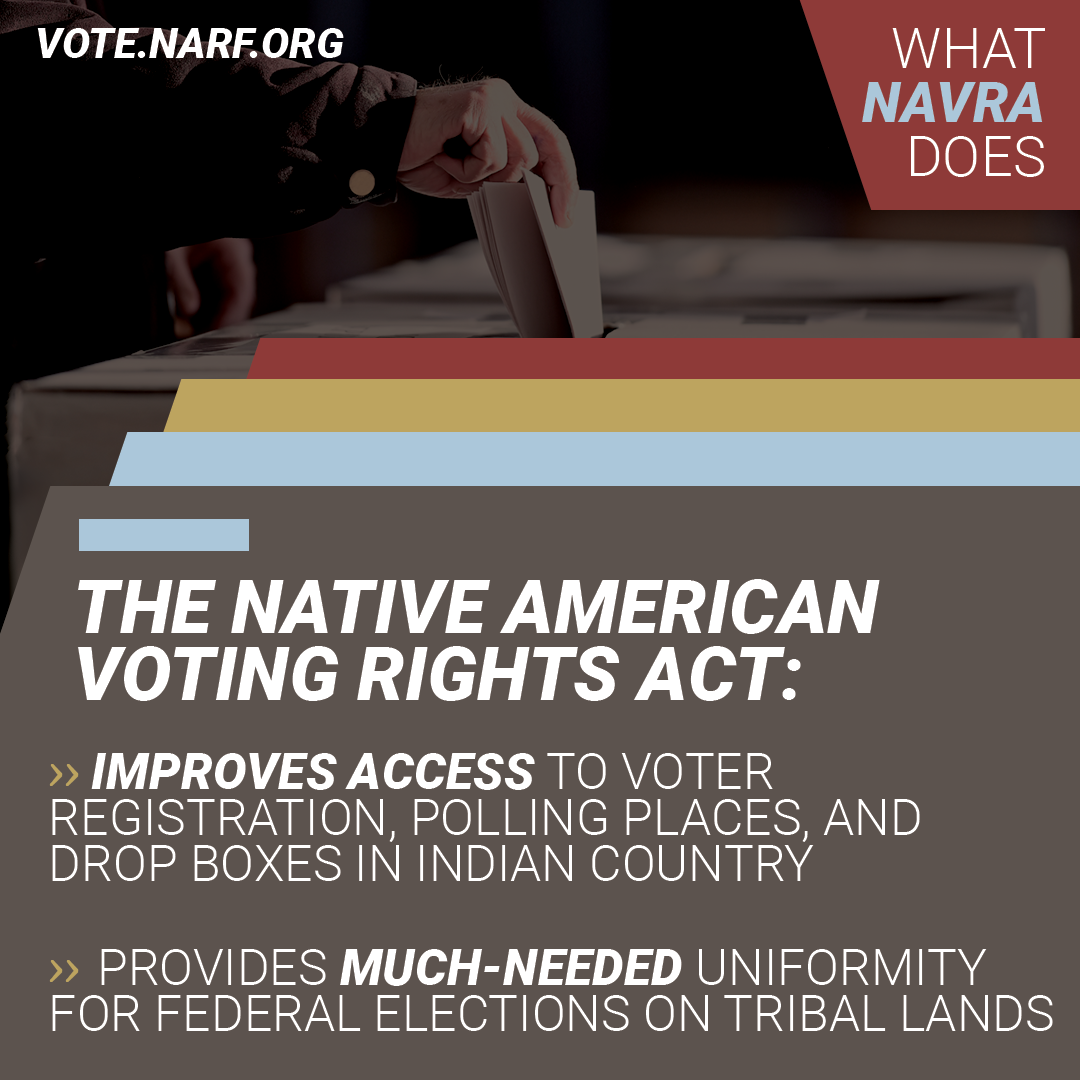
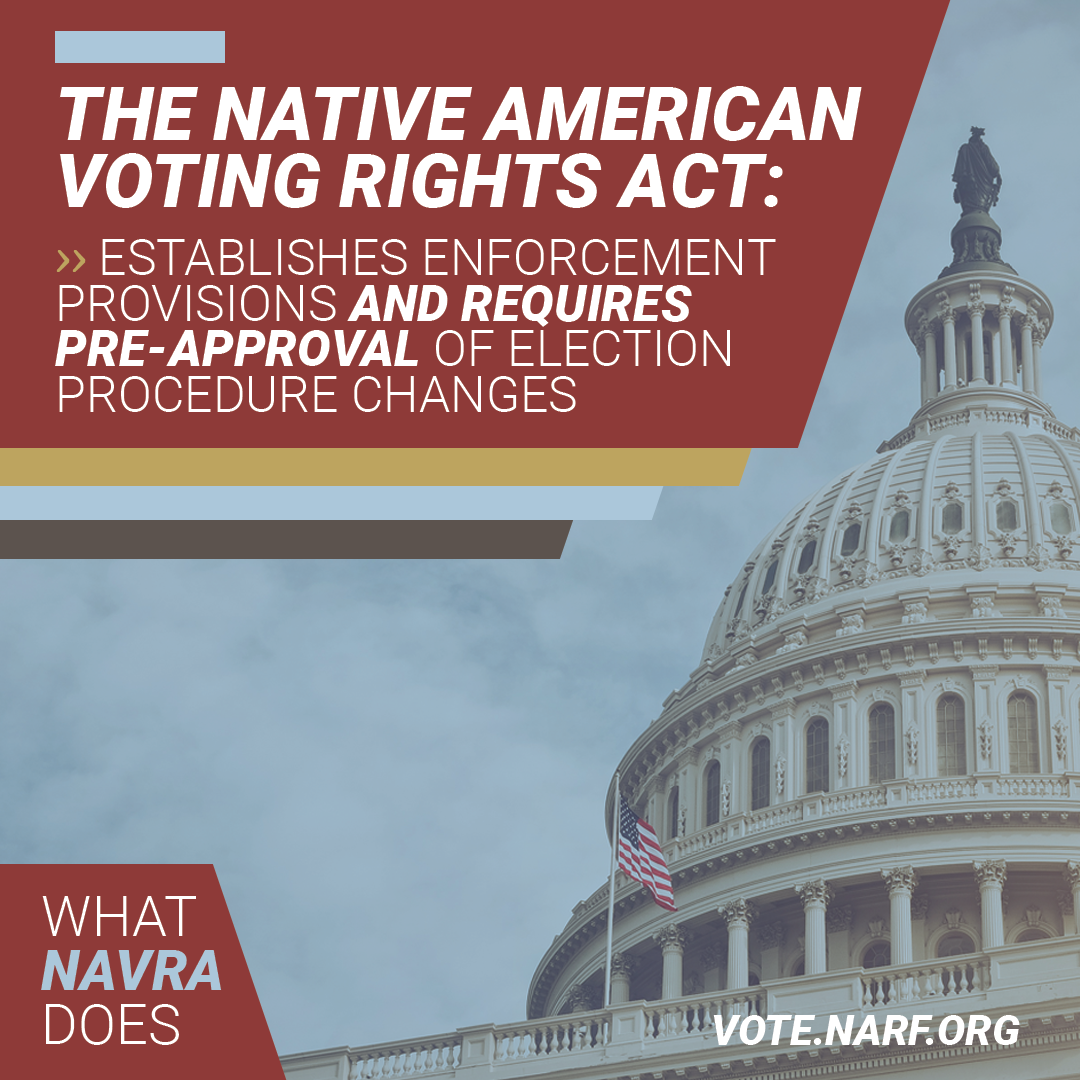
Chairperson Aaron Payment, a high school dropout at 15, earned a GED at 16 and entered college at 17. Dr Payment holds a doctorate degree in education, a master’s in education specialist, a master’s in education administration and a master’s in public administration. He also serves as the 1st Vice President of the National Congress of American Indians, President of the Midwest Alliance of Sovereign Tribes, and President of the United Tribes of Michigan.
Search
Filed Under
Tags
More Headlines
Montana Free Press: Blackfeet Nation citizens cite treaty rights in lawsuit over tariffs
Cronkite News: A ‘mural with a message’ rises in Arizona
Chuck Hoskin: Cherokee Nation is an economic powerhouse
Native America Calling: Philanthropy fills in the gaps
AUDIO: Examining 50 years of the Indian Self-Determination and Education Assistance Act in Indian Country
Native America Calling: The next 50 years of self-governance
Cronkite News: Food sovereignty movement promotes Native foods
VIDEO: Examining 50 years of the Indian Self-Determination and Education Assistance Act in Indian Country
Native America Calling: Fresh Native creativity with a new play and new television show
AUDIO: Native American Education – Examining Federal Programs at the U.S. Department of Education
VIDEO: Native American Education – Examining Federal Programs at the U.S. Department of Education
Native America Calling: Indigenous business and the unpredictable new trade landscape
Written testimony for Senate Committee on Indian Affairs hearing on Department of Education
Native America Calling: An imbalance of deadly force by police in Canada
‘Betrayal’: Indian Country slams closure of Department of Education
More Headlines
Cronkite News: A ‘mural with a message’ rises in Arizona
Chuck Hoskin: Cherokee Nation is an economic powerhouse
Native America Calling: Philanthropy fills in the gaps
AUDIO: Examining 50 years of the Indian Self-Determination and Education Assistance Act in Indian Country
Native America Calling: The next 50 years of self-governance
Cronkite News: Food sovereignty movement promotes Native foods
VIDEO: Examining 50 years of the Indian Self-Determination and Education Assistance Act in Indian Country
Native America Calling: Fresh Native creativity with a new play and new television show
AUDIO: Native American Education – Examining Federal Programs at the U.S. Department of Education
VIDEO: Native American Education – Examining Federal Programs at the U.S. Department of Education
Native America Calling: Indigenous business and the unpredictable new trade landscape
Written testimony for Senate Committee on Indian Affairs hearing on Department of Education
Native America Calling: An imbalance of deadly force by police in Canada
‘Betrayal’: Indian Country slams closure of Department of Education
More Headlines